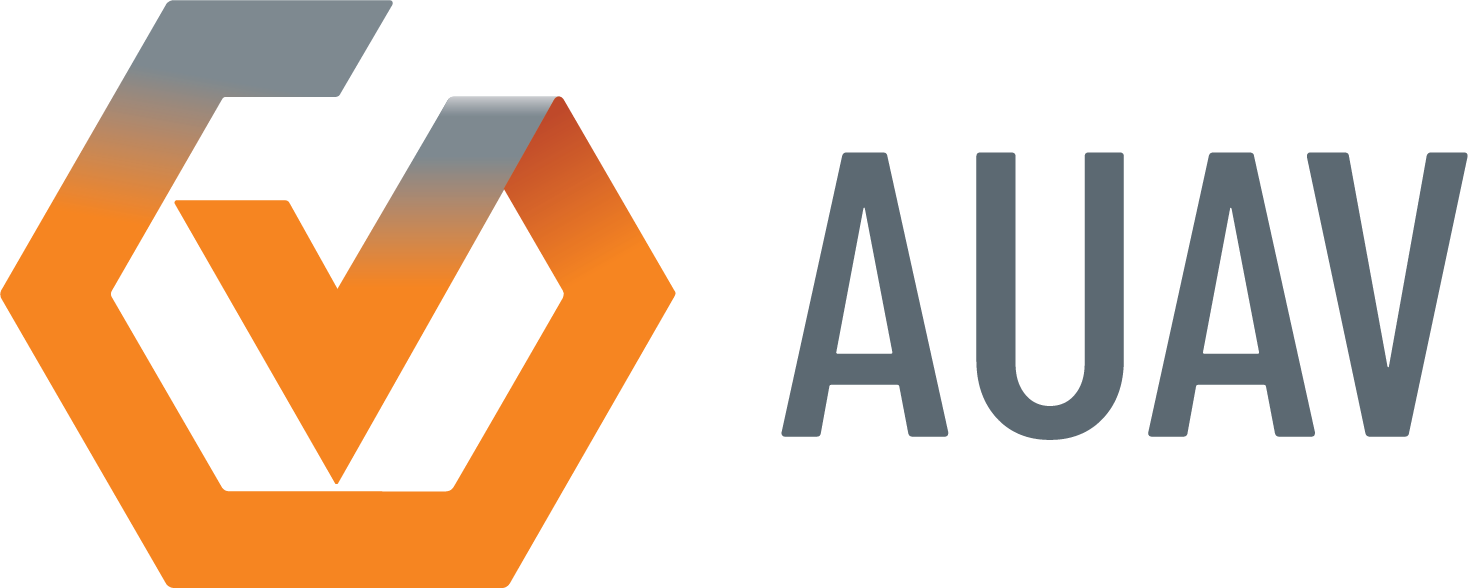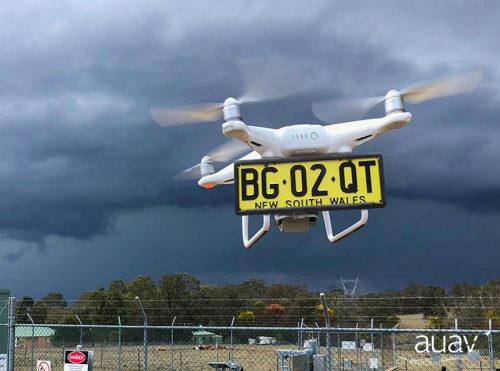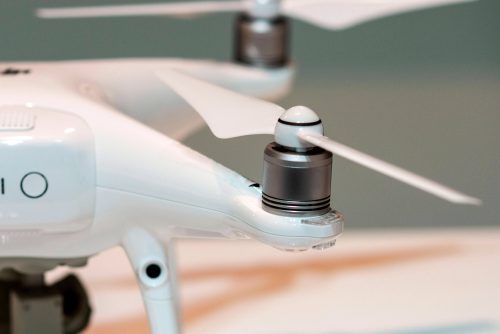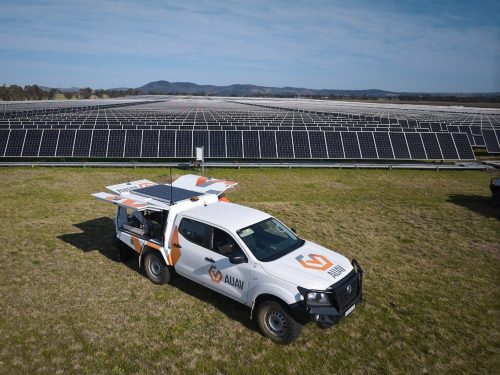Drone registration is now active in Australia, with a CASA deadline of 28th Jan 2021. So the clock (as you can see above) is ticking.
Read more below on whether this affects you, what you need to do about it before then and going forward.
Do I need to register my drone?
If you use your drone for any purpose other than sport or recreation, then your drone is classified as an RPA (Remotely Piloted Aircraft) and needs to be registered by 28 January 2021.
Note: the distinction is not whether you run a drone business or earn any revenue from it, but whether you use it for any purpose (other than for sport or recreation, i.e. just for fun).
If you use your drone only for sport or recreation then CASA classifies it as a model aircraft and you won’t need to register at this point, though you will soon in the next phase of registration coming in March 2022.
Are there exceptions for small drones?
All drones regardless of their weight need to be registered before Jan 28th 2021 if they are being used for a purpose other than sport or recreation.
The current proposal for recreational drones (i.e. model aircraft) is to only require registration in 2022 if they weigh more than 250g. It wasn’t by chance that DJI has designed the Mini 2 to weigh 249g!
What happens if I don’t register?
As long as you don’t fly the drone again, you’re ok, much the same as you can own an unregistered car if you keep it off the road. However, if you fly the drone without it being registered, you could face a fine of up to $11,100.
You should note that CASA is now using some automated tracking systems like DJI Aeroscope, and the drones broadcast their position over quite a wide area, so it is pretty easy for them to catch people out.
Federal and State Police will also be involved in checking for drone registration, so it’s not just CASA who may ask to see your registration when you’re out flying.
What does it cost to register?
The process is free for any drone registered before 30th June 2021. CASA is yet to finalise the costs thereafter, but an annual fee of $160 per drone has been suggested.
How do I register?
You can register online at the myCASA website, and there is a video below showing you through the process.
You will need to be at least 16 years of age, provide proof of identification, and have a CASA ARN (Aviation Reference Number) in order to register.
What if I sell or stop flying my drones?
After registering, you are then responsible for de-registering if you later sell or lose it.
Otherwise, if someone else breaks the rules using your drone, CASA will come knocking on your door first as the registered owner.
I work for a large company, I know we use drones but we haven’t been tracking them, what should be do?
Firstly, you’re not alone! Most medium and larger organisations are using drones in some capacity these days, regardless of whether it is officially supported.
Drones are so useful and affordable now that people tend to just bring them along as a tool for looking at things in the field or progress monitoring and not think too much about it, just like they would use a smartphone or laptop to help with their work. So it is unlikely that most large companies would be managing this well enough without some specific effort to find and register all their drones in a systematic way before the January deadline.
If you’re looking for assistance with getting your drone program under control, we can recommend either the Institute for Drone Technology (IfDT) or Southern Cross Drones — both work independently with larger clients to help them through all the hurdles of ensuring that in-house drone programs are run in a safe and compliant manner to achieve the desired outcomes. And of course, if you’re already working with AUAV on your projects or an inspection program, we’re happy to help support your in-house drone team in this area too.
Can you recommend anyone on the legal side to help us with this, and assessing our requirements and exposure?
This is quite a niche area and we can recommend Tom Pils (a.k.a. The Drone Lawyer) for drone legal assistance in Australia.
Tom has also recently been voted in as the President of the ACUO, and his focus for the past few years has been the legal issues and regulation of drones in Australia.
As well as registration you might also want to discuss insurance with Tom. We often hear of companies flying drones and assuming this is covered under their normal business insurance. However, most general business liability cover excludes aviation and therefore drones.
Why is CASA doing this?
The aim is to increase people’s responsibility when operating drones. If a drone can be traced back to its registered owner in the event of an incident, people are more likely to take care and make sure they know the rules.
When operated safely by someone with the right training and experience, drones are pretty safe. But like other things they can be dangerous if insufficient care is taken, or if they’re used in a reckless or deliberately harmful manner.
Registration also brings Australia in line with similar international efforts to regulate drones, including alignment around the lowest weight category being 250g (it was previously 100g under Australian regulations).
How can they justify the fines being so large?
Drones are now so small, affordable and accessible that we forget they are still aircraft, regulated under federal aviation law, and capable of causing a lot of harm, particularly to other aircraft.
You might wonder how much damage you can do with your small drone flying in an open field. However, consider it crashing into a power station, colliding with a low-flying helicopter or causing an airport shutdown like we saw in Gatwick in 2018.
Drones are an incredibly powerful tool for data capture, but can also cause a lot of harm if people don’t know the rules or act responsibly.
“With drone registration it’s time for organisations to start taking things a bit more seriously”,
says AUAV’s Andrew Chapman.
“If you’re running an in-house drone program you need to be sure you’re ticking all the boxes for safety and compliance, considering that each $1000 drone now has the potential to cause you an $11,000 fine if its paperwork isn’t in order”.




